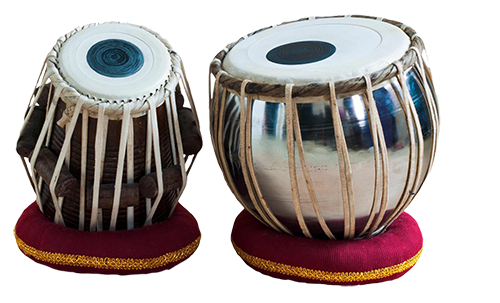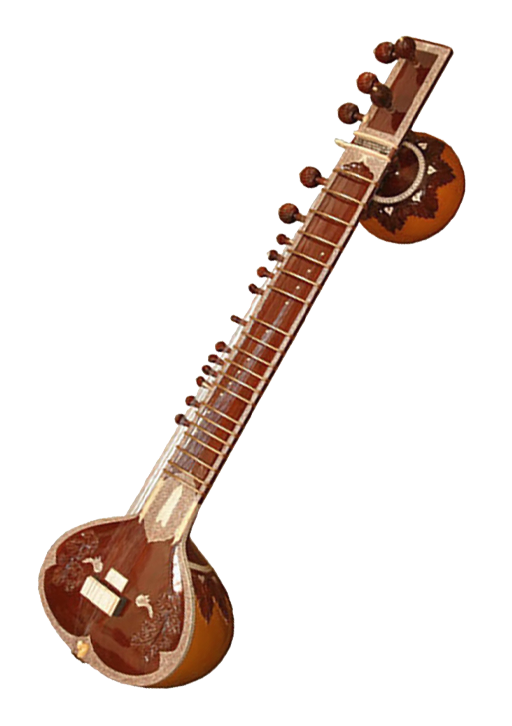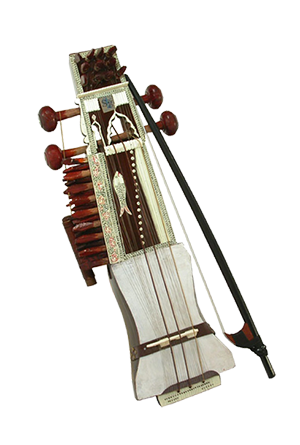Who is Amir Khusrow Balkhi?
Amir Khusrow, son of Amir Saifuddin Mahmud, was born in 651 AH / 1253 AD in either Delhi or Patiala, India—or according to some sources, in the Sangcharak region of Balkh province, present-day Afghanistan.
His father, a tribal chieftain from Balkh, migrated to India following the Mongol invasions and settled in Delhi. There, he married the daughter of Nawab Imad-ul-Mulk, a prominent minister and nobleman of the Delhi Sultanate. Amir Khusrow’s father was eventually killed in battle against his enemies.
For his spiritual and intellectual training, Amir Khusrow became a devoted disciple of the revered Sufi saint, Hazrat Nizamuddin Auliya. He remained deeply loyal to his master throughout his life. Under Nizamuddin's guidance, Khusrow also studied music—his final lesson being the raga Poorbi, a melodic mode in which the Quran is still recited by many qaris today.
A towering literary and musical figure, Amir Khusrow was also a trailblazer of the Chishtiyya Sufi order. To promote this spiritual path, he pioneered Qawwali, a genre of devotional music in classical tradition. His aim was to enable followers to express spiritual longing through poetry and music within Sufi gatherings, allowing for ecstatic worship and joy—while also creating a cultural counterpart to the bhajan singing traditions of Hindu Brahmins in their temples.
Through his innovations and contributions to the theory and practice of music, Amir Khusrow has profoundly shaped the cultural and spiritual landscape of both the Persian-speaking world and the Indian subcontinent, forging a lasting bond between diverse peoples and traditions.
Amir Khourow Balkhi Dehlavi's innovations in music
1. Introduction of the Seven Eastern Musical Notes and Their Spiritual Meanings:
Sa – Re – Ga – Ma – Pa – Da – Ni
Sa – Symbolizes firm determination and steadfastness.
Re (or Ra) – A call to remember and connect with the Divine.
Ga – An invitation to express through singing.
Ma – A reminder to avoid pride and arrogance.
Pa – Represents purity from negative emotions like hatred, envy, and jealousy.
Da (or Dha) – Encourages detachment from material desires.
Ni – Signifies humility and bowing before truth.
2: Invention of Musical Instruments
Amir Khosrow Balkhi Dehlavi is credited with inventing several remarkable musical instruments, including:
Tabla – a pair of hand-played drums, each tuned to specific musical notes, producing both bass and treble tones.


Sitar – a melodious stringed instrument often referred to by musicians as the “King of Strings.”
Sarangi – a bowed string instrument known for its deep, emotional resonance.

Sitar – a melodious stringed instrument often referred to by musicians as the “King of Strings.”

Sarangi – a bowed string instrument known for its deep, emotional resonance.



